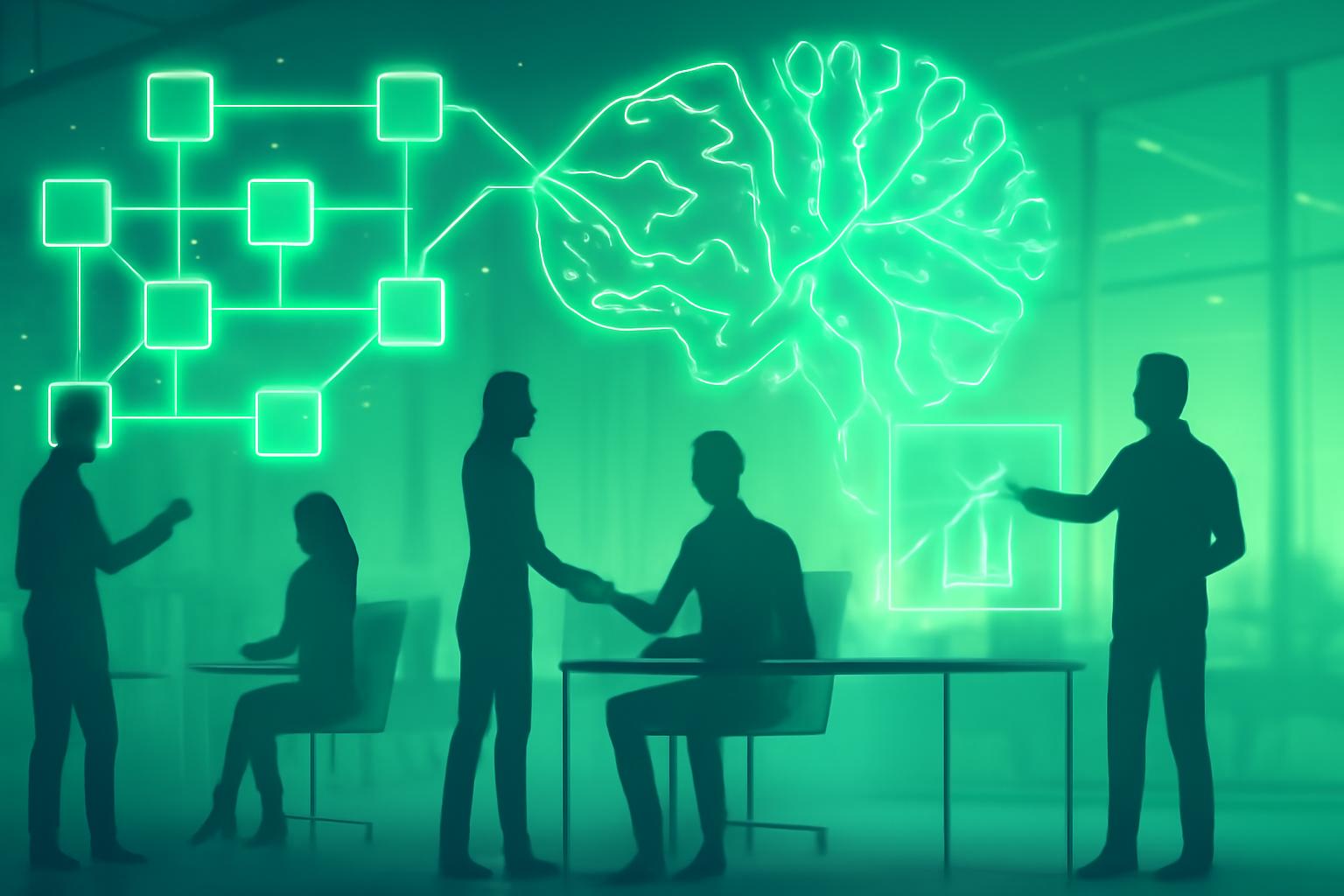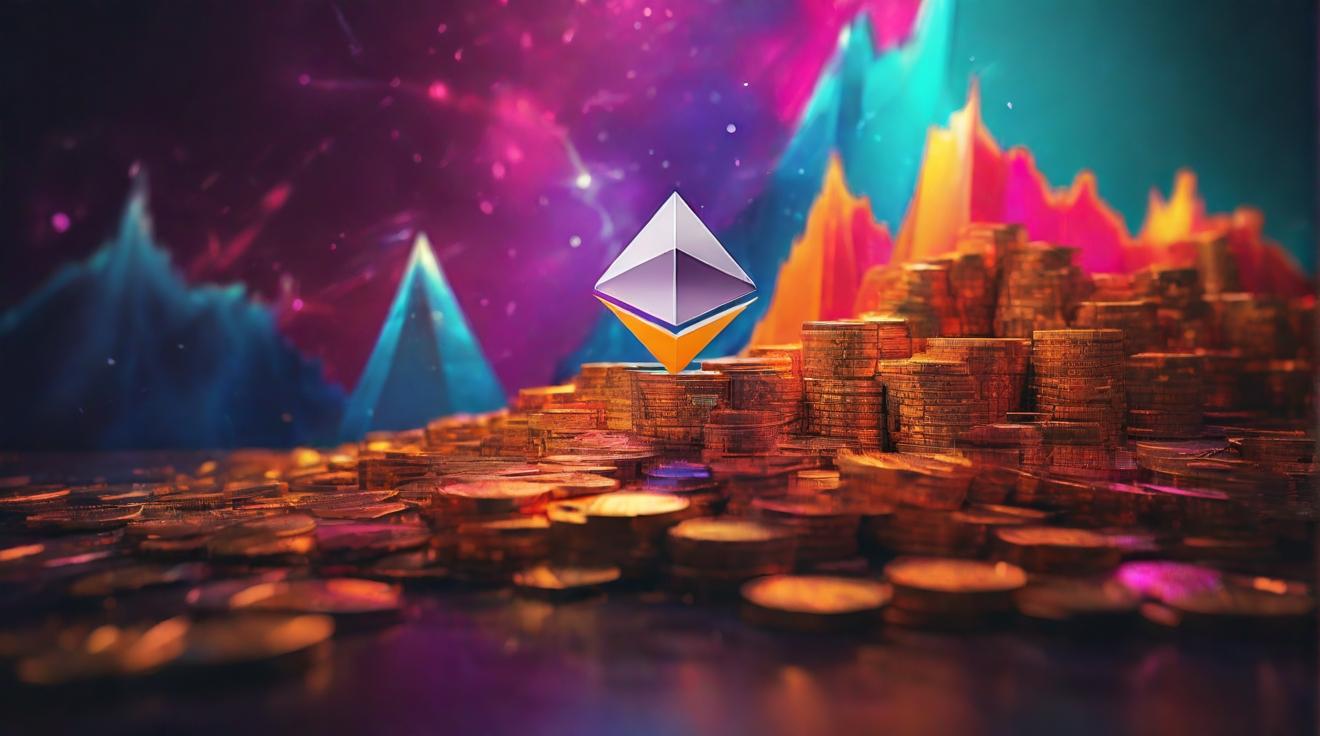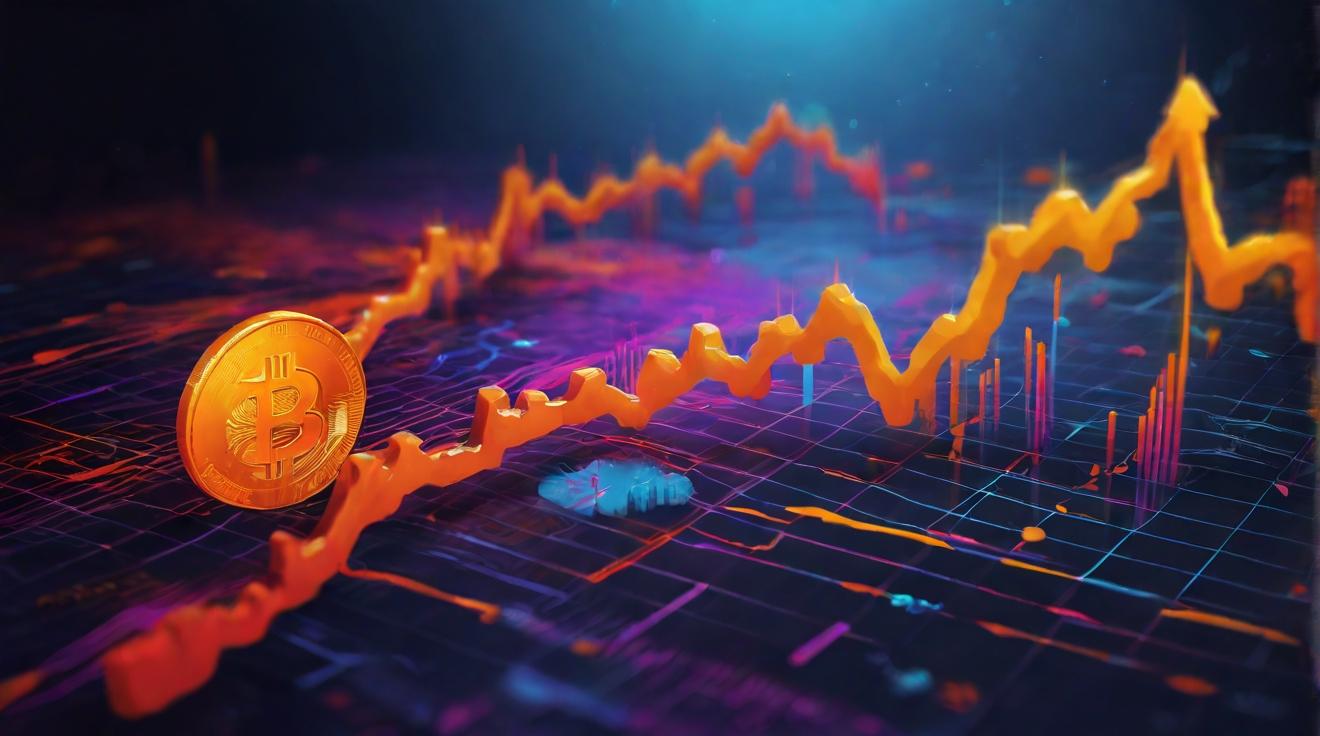Ethereum Foundation Forms AI Research Team to Advance Blockchain and AI Integration
The Ethereum Foundation has announced the formation of a specialized AI research team tasked with merging blockchain’s censorship-resistant capabilities with the rapidly evolving field of artificial intelligence. This initiative seeks to build a decentralized AI economy and developer tools on the Ethereum platform.
Davide Crapis, a research scientist at the Foundation, explained the strategic vision on X, stating, “Ethereum makes AI more trustworthy, and AI makes Ethereum more useful. The more intelligent agents transact, the more they need a neutral base layer for value and reputation. Ethereum benefits by becoming that layer and AI benefits by escaping lock-in to a few centralized platforms.”
Focus on Decentralized AI Stack and ERC-8004 Protocol
The newly established decentralized AI (dAI) team is actively recruiting an AI researcher and a project manager to guide the project’s development. The team’s work will extend upon ERC-8004, a proposal authored by Crapis along with Marco De Rossi and Jordan Ellis. This proposal aims to expand the AI agent-to-agent (A2A) protocol by creating a trust layer that facilitates discovery and interaction among AI agents.
The Foundation intends to support initiatives that integrate AI and human participants within the Ethereum ecosystem, with Crapis leading the effort.
AI Agents and Blockchain: A Symbiotic Relationship
AI agents—autonomous programs capable of making decisions and executing transactions with minimal human input—have become central to the convergence of AI and blockchain. Blockchains featuring programmable smart contracts, like Ethereum, provide an ideal environment for these agents to operate.
AI’s role in managing transaction settlements—the final transfer of assets between parties—stands to enhance blockchain efficiency. Data from blockchain analytics firm CryptoQuant highlights Ethereum’s escalating activity, with daily smart contract calls reaching 12 million recently. This surge underscores Ethereum’s growing function as a programmable settlement layer.
CryptoQuant noted, “Network activity is in expansion mode. Ethereum’s total transactions and active addresses have reached record highs, highlighting expanding adoption across DeFi, stablecoin transfers, and token activity.”
Broader Industry Momentum in AI-Blockchain Integration
Experts observe that blockchain technology can address AI’s vulnerabilities by offering decentralization, immutability, and identity verification. Several Web3 projects are pursuing similar integrations. For example, Matchain introduced a decentralized AI blockchain in 2024, while KiteAI launched an AI-driven blockchain on Avalanche in early 2025.
Arunkumar Krishnakumar, head of institutional growth and real-world assets at Kamino Finance, remarked that the fusion of AI agents and blockchain technology has the potential to transform the digital economy.
FinOracleAI — Market View
The Ethereum Foundation’s creation of an AI-focused research team signals a strategic move to deepen the integration of blockchain and AI technologies, potentially enhancing Ethereum’s utility and appeal to developers. By advancing decentralized AI protocols like ERC-8004, Ethereum may strengthen its position as the foundational layer for AI agent interactions.
Risks include the technical complexity of implementing decentralized AI systems and competition from other blockchain projects pursuing similar goals. Market participants should monitor the progress of dAI team initiatives and adoption metrics for AI-driven smart contracts on Ethereum.
Impact: positive













